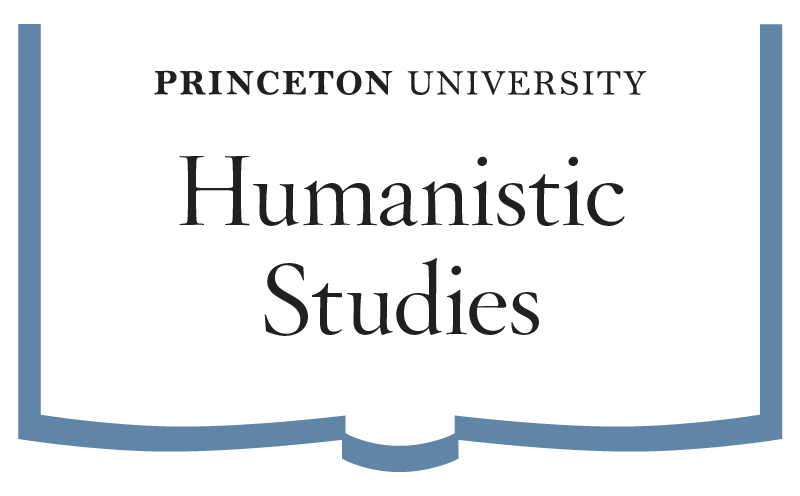“Interdisciplinary Approaches to Western Culture” introduces students to over 2,500 years of the landmark achievements of the Western intellectual tradition. Paying close attention to societal change, upheaval, and transformation, as well as continuities, this team-taught, double-credit, course examines Western history, philosophy, and literature from antiquity to the 20th century.
Lectures and discussions investigate a wide range of issues and stimulate plural perspectives. They are enhanced by trips to museums, plays, concerts and art galleries both on campus and in New York City. Our distinguished faculty represent a wide variety of humanities departments, ranging across literature, history, religion, music, philosophy, archaeology, and art history.
- Fall: HUM 216 and HUM 217
A double-credit course covering classical antiquity to the middle ages - Spring: HUM 218 and HUM 219
A double-credit course covering the Renaissance through the modern period
What to Expect
The sequence is a course for students who love to read.
The workload is intense, and the pace of Princeton’s 12-week teaching semester can seem fast, despite being followed by a week of reading period and a week of exams. But experience has shown that varsity athletes, advanced math and physics majors, engineers, and others with significant time commitments (e.g., theater rehearsals) perform very well. In fact, students have told us that the highly structured nature of the sequence makes time management easier, allowing them to plan ahead around travel and rehearsal schedules, and easing the adjustment to the multi-tasking environment of college.
- Each semester you will have three 50-minute lectures and two 80-minute seminars a week.
- The reading load is heavy but manageable (you read excerpts of some texts), and you will write five short papers (five pages each) and take a final exam.
- A strong network of peers and faculty will cheer and motivate through tough times, bonding with you as if through a boot camp.
- You can consult any of your twelve professors, all distinguished teachers, who will welcome your questions throughout the rest of college and beyond.
- We offer a workshop to prepare for the first writing assignment (e.g., how to do a “close reading”), this will ease the anxiety that most first-year students feel, whatever their background. No other first-year humanities course at Princeton offers so much support.
Benefits
Although there is a lot of reading, there is really only one kind of assignment and paper—a close reading of a passage from a text of your choice—so students have the opportunity to slow down and dive deep into the books that interest them most. Over the semester, faculty see that students improve at writing the papers, with the aid of feedback along the way. Sequence assignments are not marked on a “curve” like in many other first-year courses. This is a course where everyone can excel, and where undergraduates and faculty share the experience of encountering books that are as new, as exciting, as powerful, and as beautiful the tenth time you read them as they are the first. We are all their students together.
By taking HUM 216-219 you will meet 12 highly distinguished humanities faculty from a variety of disciplines, and you will fulfill a number of general education requirements (two LA’s, an HA, and an EC). The sequence provides not only a foundation for your future studies but also an immediate community of engaged peers, who will enliven all your remaining years at Princeton. Enrolling in your will give you the benefits of HUM as early as possible. When beginning college you can meet and build close relationships with particular faculty in their areas of interest. Like many sequence students, you could go on to take advanced seminars with the same instructors in future semesters. You might find a new passion (e.g. philosophy, history, art history, classics, literatures in English, French, German, Italian, Spanish, Russian, etc.) that changes your intended concentration.
A broad survey course that maps the pivotal texts, events, and artifacts of the Western intellectual tradition, the sequence is also an ongoing cultural conversation, with many unique opportunities to place its texts in their material context (including excursions and trips to New York City). In the fall semester, you will gain a strong foundation in classical texts and develop important bonds with faculty and peers. These conversations reach their full fruition in the second semester, as bonds intensify, your reading and writing skills are honed, and you see classical and medieval influences taken up and transformed in the Renaissance and Modern eras. Students who complete the spring semester will be eligible to apply for international opportunities in the sophomore year, including trips to Greece and Rome.
By completing the sequence, you will have fulfilled three of the five course requirements for the interdisciplinary minor in Humanistic Studies. Having finished more than half the requirements, you would just need to take two 300 or 400 level interdisciplinary courses. Enrolling in the Humanistic Studies minor will give you priority for popular courses, including advanced small seminars team-taught by our faculty; a robust community of peers throughout your undergraduate career; and guidance on how to enhance your independent work through interdisciplinary approaches.
Fulfills four distribution requirements:
- 2 courses in Literature and the Arts (LA)
- 1 course in Historical Analysis (HA)
- 1 course in Epistemology and Cognition (EC)
Reserve a Seat












